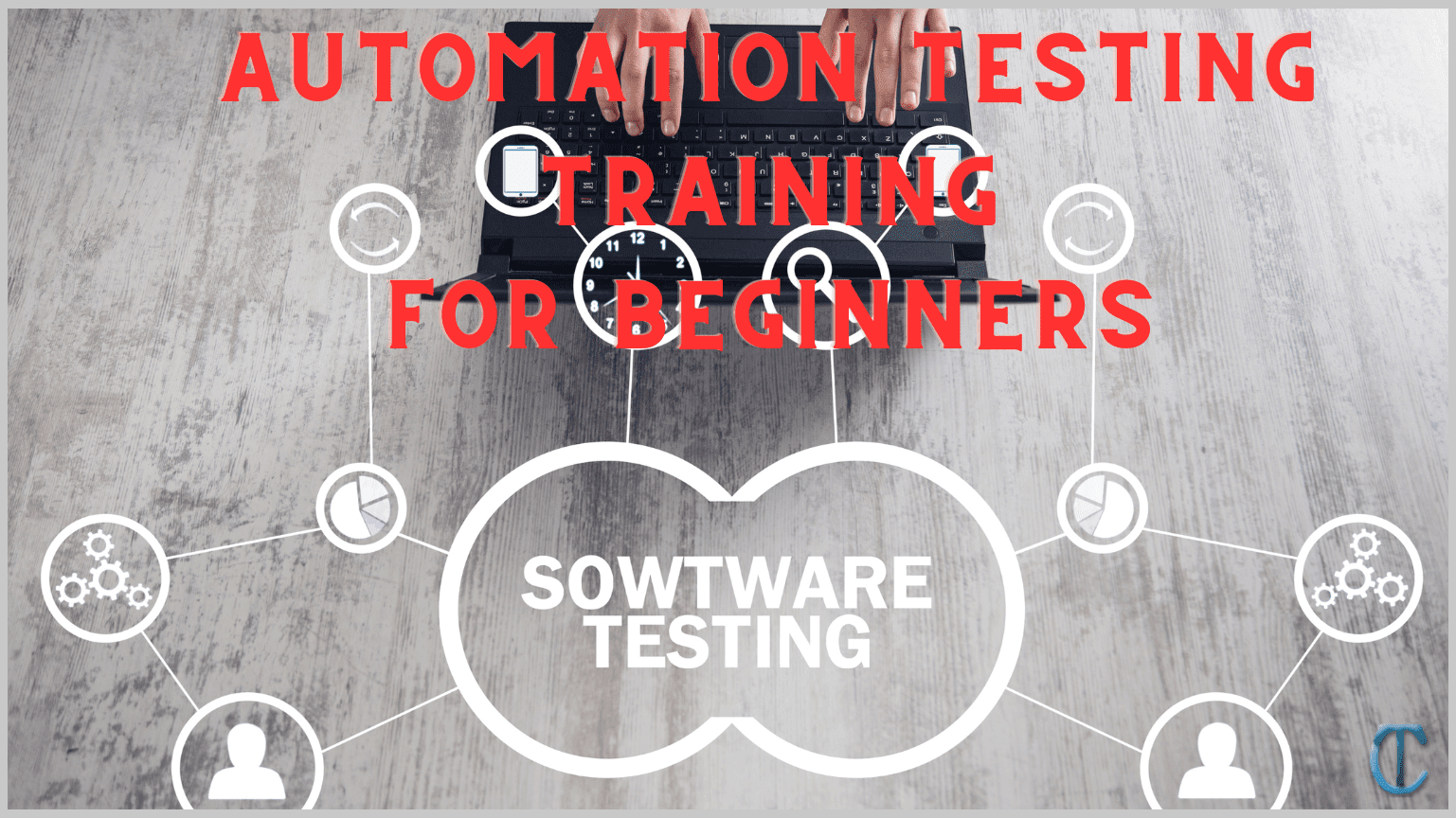Introduction
Are you eager to embark on a rewarding career in the dynamic world of software testing? If you are a beginner with little or no prior experience in
automation testing, this comprehensive training guide is tailored just for
you. Automation testing has revolutionized the software development process,
and learning the fundamental skills and techniques is essential to thrive in
this fast-paced industry.
In this guide, we will walk you through the essential steps and resources to
get started in automation testing, empowering you with the knowledge and
confidence to become a proficient automation tester. Let's dive in and unlock
the exciting world of automation testing together!
# 1 Understand the Basics of Testing
Before diving into automation testing, it's crucial to grasp the fundamentals
of software testing. Familiarize yourself with manual testing concepts,
testing methodologies, and the software development lifecycle.
# 2 Learn a Programming Language
Start with basic syntax and gradually progress to more advanced
concepts.
# 3 Explore Automation Testing Tools
There are various automation testing tools available, such as Selenium,
Appium, and Cypress. Research and experiment with different tools to
understand their features, advantages, and suitability for various testing
scenarios.
# 4 Enroll in Beginner-Friendly Courses
Look for online
Automation testing training designed
for beginners. These courses typically cover programming basics, automation
tool usage, and hands-on projects to give you practical experience.
# 5 Practice Hands-On Projects
Apply what you learn by working on hands-on projects. Create automated test
scripts, execute test cases, and analyze test results. Real-world projects
will help solidify your understanding and build your portfolio.
# 6 Join Testing Communities and Forums
Engaging with testing communities and forums can be immensely beneficial.
Participate in discussions, ask questions, and learn from experienced
testers. It's a great way to stay updated with industry trends and best
practices.
# 7 Read Books and Blogs
Supplement your learning with books and blogs on automation testing. Many
experts share their insights and experiences, providing valuable tips and
tricks to improve your skills.
# 8 Obtain Certifications
Consider obtaining certifications in automation testing, such as
Selenium WebDriver Certification or ISTQB Foundation Level Certification.
Certifications add credibility to your profile and demonstrate your
expertise.
# 9 Work on Open-Source Projects
Contribute to open-source automation testing projects on platforms like
GitHub. It's an excellent way to collaborate with other testers, learn from
real-world projects, and showcase your skills to potential employers.
# 10 Build a Strong Portfolio
Create a portfolio showcasing your projects, certifications, and
accomplishments. A well-organized portfolio will impress employers and
increase your chances of landing a job in automation testing.
# 11 Seek Internships or Entry-Level Positions
Consider applying for internships or entry-level positions in automation
testing. Gaining practical experience in a professional setting will
accelerate your learning and provide valuable industry exposure.
FAQs
What is automation testing, and why is it important?
Automation testing is the process of using software tools to execute
pre-scripted test cases on a software application to verify its
functionality. It is essential because it accelerates the testing process,
reduces human errors, and allows for frequent and repetitive testing,
ensuring high-quality software releases.
Do I need programming knowledge to get started in automation testing?
Yes, a basic understanding of
programming is crucial for automation testing.
Learning a programming language like Java, Python, or JavaScript will enable
you to write test scripts and interact with testing tools effectively.
Which automation testing tool should I learn as a beginner?
As a beginner, Selenium is a popular and widely-used automation testing
tool. It supports multiple programming languages and is ideal for web
application testing. Other tools like Appium (for mobile app testing) and
Cypress (for front-end testing) are also worth exploring.
What are some beginner-friendly automation testing courses?
There are many beginner-friendly online courses available. Some popular
options include "Selenium WebDriver with Java" on Udemy, "Automation Testing
with Python" on Coursera, and "Introduction to Cypress" on Pluralsight.
Are certifications necessary for a career in automation testing?
While certifications are not mandatory, they can enhance your credibility
and marketability as a tester. Consider certifications like the "ISTQB
Certified Tester Foundation Level" or vendor-specific tool certifications
like "Selenium WebDriver Certification."
Conclusion
Starting your automation testing journey as a beginner may seem daunting,
but with the right training and dedication, you can become a proficient
automation tester. Focus on understanding testing fundamentals, learning a
programming language, exploring automation tools, and working on practical
projects. Engaging with the testing community, obtaining certifications, and
building a strong portfolio will further enhance your skills and pave the
way for a successful career in automation testing.



Post A Comment:
0 comments: